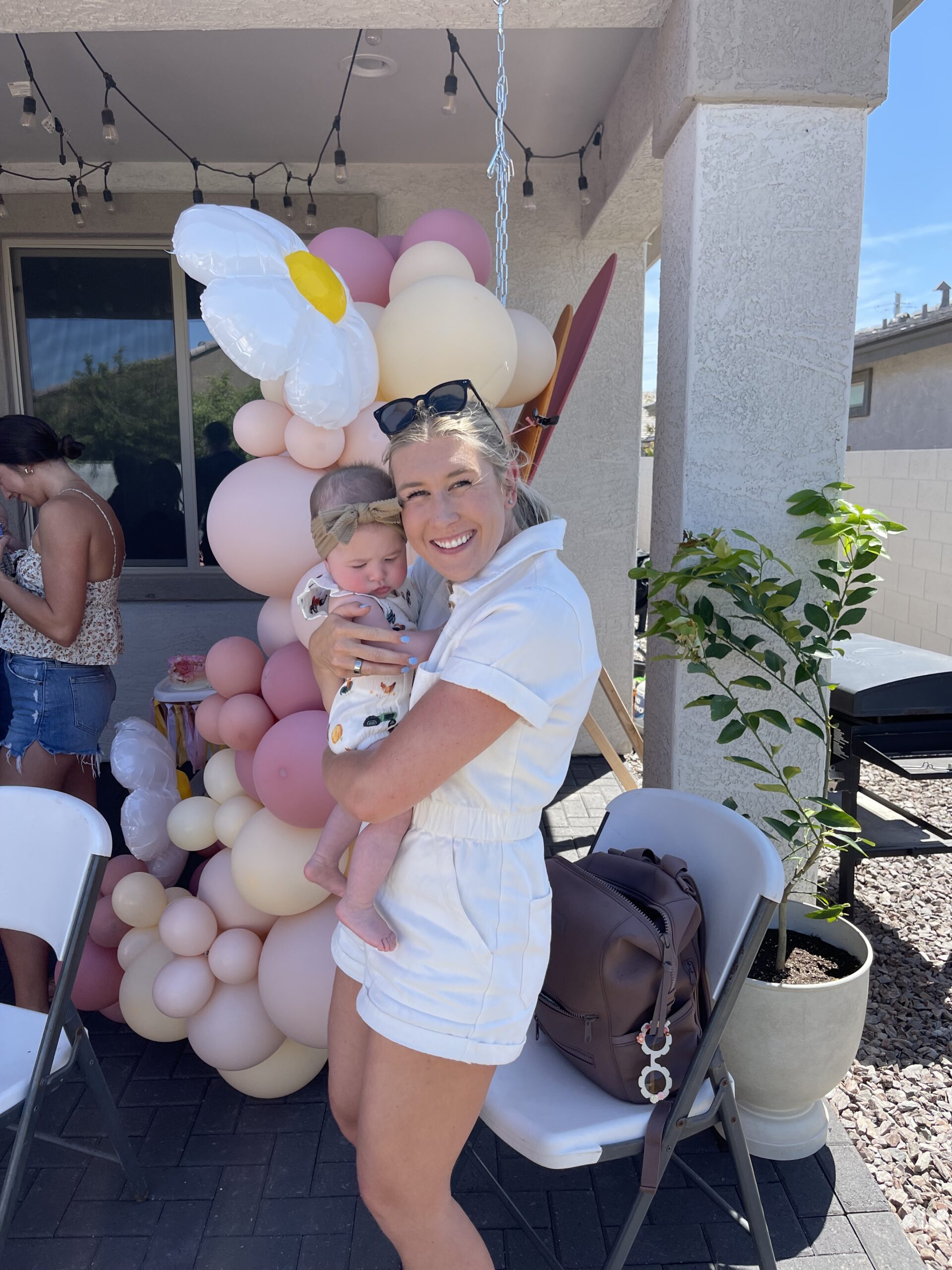Our bodies are pretty clever. They give us hints when we’re hungry, and they’re just as smart when it comes to telling us when we’ve had enough to eat. But, with all the busyness of today’s world, we often miss these signals.
10 Signs You’re Full
So, let’s dive into this blog post and check out 10 signs that tell you when you’re full. We’ll also chat about how to get back in touch with your body’s wisdom to enjoy feeling full.
1. Feeling Satisfied After a Meal
When you’re full, it’s like reaching the grand finale of a great movie. You’ve eaten enough to satisfy your hunger, and you’re content. No more cravings, no more growling stomach. It’s a moment of food-related bliss when your body and mind agree – you’re good to go.
2. Eating at a Comfortable Pace
Fullness has a way of making you slow down your eating pace. Your body gently nudges you to take your time. It’s like your inner food coach saying, “No need to rush, you’ve got this.” Fullness whispers that you can savor each bite, enjoy your food, and not feel hurried to clean your plate.
3. No Longer Hungry for More Food
Fullness brings with it a fascinating change in your desire to eat. Picture the food left on your plate; it no longer tempts you. When you’re full, your desire for extra servings decreases. It’s as if your body flips a switch, signaling, “You’ve had enough.” You’re no longer on the hunt for more food because your body recognizes that it’s been nourished and satisfied. It’s a sign that your hunger is taking a break.
4. A Comfortable, Not Stuffed Tummy
Fullness brings a comfortable feeling in your belly, not like when you eat way too much, and your stomach feels like an overfilled balloon. It’s the sensation of having had the right amount, leaving your tummy content but not overly stretched or uncomfortable.
5. Paying Less Attention to Food
Instead of your thoughts full of food, your attention drifts to what’s happening around you. Your thoughts venture away from the plate, and you start to notice conversations, the world passing by, or your own daydreams. Food takes a back seat, allowing you to be fully present in your surroundings.
6. Calmer Food Cravings
Think about those moments when you had intense cravings for specific foods. Fullness comes to the rescue. It’s like your cravings are tamed, the intense desire for dessert or snacks starts to ease up. You’re no longer in a constant battle with your urge for more treats; fullness helps you regain control. It’s the sensation of distancing yourself from the grip of cravings, returning to a place where you can make choices with a sense of balance and self-assuredness.
7. A Sigh of Relief
As fullness sets in, you might find yourself letting out a contented sigh. It’s as if your body is signaling, “I’m good, no need to eat more.” That sigh carries a sense of relief, a deep breath that declares you’ve met your body’s needs, and there’s no pressure to keep eating. It’s your body’s way of saying, “Thank you; we’re all set here,” allowing you to shift your focus to other aspects of life.
8. Clear Thinking
Think about your thoughts during a meal. Before fullness, they might revolve entirely around food. But fullness brings about a shift in mental clarity. It’s like suddenly getting a mental break from constantly thinking about what to eat, how much, and when. Your thoughts are free to concentrate on conversations, tasks, or any other activity, unburdened by the constant planning and craving for food. It’s a state of clear thinking and presence in the moment.
9. Balanced Energy
Consider how you feel after a meal when fullness is your companion. You’re in a state of balanced energy. You’re not weighed down by excessive fullness, which often leads to sluggishness and a desire to lie down. Neither are you feeling weakened from hunger, with lightheadedness or irritability setting in. Instead, you’re ready to continue with your day, neither stuffed nor starving, but just right. It’s a state of balanced and harmonious energy that helps you stay active and focused on your daily activities.
10. Feeling at Peace and Satisfied
Above all, fullness brings a feeling of peace and satisfaction. It’s like basking in contentment. You know you’ve nourished your body in the best way, not too much and not too little. In this state, you’re not restless from unresolved hunger, constantly thinking about food, or fixated on your next meal. At the same time, you’re not uncomfortably stuffed from overeating, feeling the weight of excess food. Instead, you’re in a state of balance, where you’re genuinely at peace, physically and mentally. It’s the sweet reward for listening to what your body needs and responding with care and understanding.
Reconnecting with fullness is a helpful skill for having a good relationship with food. Pay attention to these 10 signs and practice mindful eating. This way, you can respect your body’s wisdom and have a balanced and healthy way of eating. Remember, fullness is not the enemy; it’s your guide to well-being.
Fullness Is A Spectrum
Fullness is a spectrum, not a rigid state of perfection. It’s important to recognize that fullness isn’t an all-or-nothing concept; it’s a dynamic and fluid experience. Our bodies, appetites, and needs vary from day to day, and that’s perfectly normal. Sometimes you might feel pleasantly satisfied with just a small meal, while other times, you might need a bit more to feel content. The key is to listen to your body, honor its signals, and embrace the idea that fullness exists on this spectrum. It’s not about hitting an exact point on the scale every time you eat but about finding a comfortable place where you’re nourished, satisfied, and at peace with your choices.
Keep Reading
079. What the heck does honoring hunger and feeling fullness even mean (EPISODE 1 OF 3)
Beyond the Stomach Growl: 7 Subtle Signs Your Body is Hungry
Mastering Your Eating Habits: How the Hunger Scale Can Transform Your Relationship with Food
Ryann Nicole
Licensed Therapist, Certified Nutritionist, and Virtual Wellness Coach
Ryann is a licensed therapist and virtual wellness coach who has assisted individuals worldwide in establishing a healthier relationship with food and their bodies.
Are You Ready to Heal Your Relationship With Food?
I understand—it can be overwhelming to figure out where to begin. Let's simplify things and have you start right here:
Why Am I Overeating?
First Steps To Stop Binge Eating
The Food Freedom Lab Podcast
FREE QUIZ
FREE GUIDE
Podcast
the food freedom lab podcast






